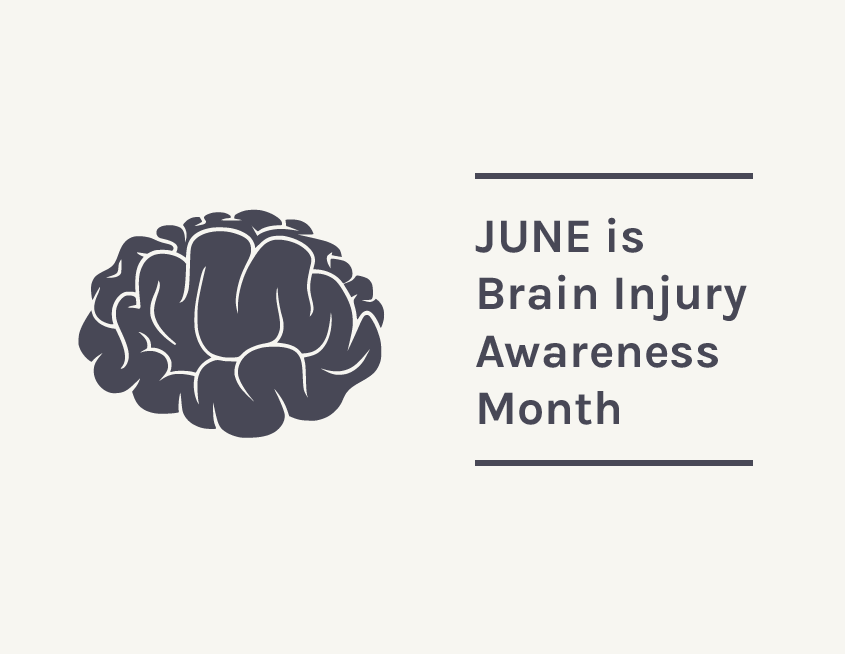
by bil2016 | Jun 20, 2020 | Community Events & Programs, Living with Brain Injury, News & Research, Uncategorized
June is Brain Injury Awareness Month in Canada. With over 20,000 Canadians being hospitalized each year with an acquired traumatic brain injury (per Government of Canada website) there is a huge need for public education around the prevention and impact of traumatic...

by Daniel Corrin | Jan 24, 2017 | Living with Brain Injury, News & Research
It’s upsetting to read stories about the death of young people, directly or indirectly, related to brain injury or concussion.Ty Pozzobon’s death following his concussion is certainly a tragedy. The CBC story discusses the statistical frequency of depression following...
by Talya Schapiro | Dec 22, 2016 | Living with Brain Injury
This wonderful lady, Harriet Fowler, was a client of Brain Injury Law. “You’re told all these bad things. Doctors always tell you the worst, but the thing you have to remember is to not give up, no matter what doctors tell you.” Please read the full article about...
by Daniel Corrin | Nov 6, 2016 | Living with Brain Injury
This insightful article provides some helpful reminders to those caring for a loved one with a brain injury. http://www.brainline.org/content/2012/10/9-things-not-to-say-to-someone-with-a-brain-injury.html
by | Aug 12, 2014 | Living with Brain Injury
We are thrilled to hear that Danielle Benoit, a friend, former client and a very accomplished equestrian, has done very well in the BC Summer Games, earning two gold medals and two silver medals. Congratulations, Danielle!
by | Mar 28, 2014 | Living with Brain Injury
Harriet is a courageous young woman whose story of recovery is truly inspiring! Visit her website: http://harrietrose.org and learn more about her story. Harriet recently completed a manuscript for a book: “You are my Sunshine: The Journey Through my Recovery of...






